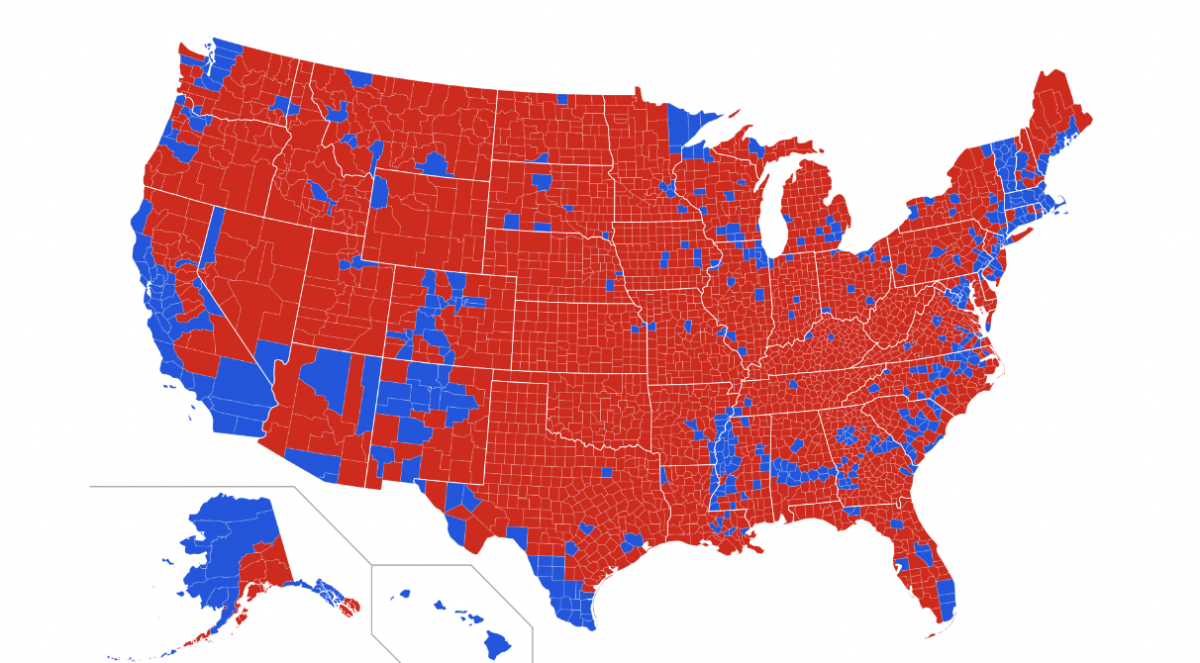Nov. 5 marked the national presidential election to determine the 47th president of the United States. Through the Electoral College, the final ballots reported Republican candidate Donald Trump with a total of 295 electoral votes, overtaking Democratic candidate Kamala Harris’s 226 electoral votes.
This election was centered around the future president, but also involved the election of the Senate and seats in the House of Representatives. There are currently still spaces to be called in both races, but the Republican party has the leading numbers in both races.
Swing states are considered to play significant roles in the results of presidential elections, due to the similar levels of support from Democratic and Republican parties, according to AP News. Key swing states this year consisted of Pennsylvania, Michigan, Georgia, and Wisconsin. In this election, former president Trump won all of these by small margins.
One of the major focuses among the presidential candidates during this election was abortion rights. Upon the subject of abortion rights, president Donald Trump has had varying positions, supporting a nationwide ban on abortion while also strongly voicing his opinion that states should enforce their abortion policies. In any case, Trump has proudly expressed his pro-life stance, stating that he is “proud” to have overturned Roe. v. Wade under his previous presidency. In addition, senator J.D. Vance has expressed his support to defund Planned Parenthood, a key institution for abortion. During Trump’s next presidency, individuals can expect even more restrictive policies regarding abortion.
For all women, this is a direct motion to threaten their rights, as many view this to severely limit women’s bodily autonomy. Restrictions on reproductive healthcare will undoubtedly disproportionately affect low-income women and women of color who are often at a disadvantage due to finances and existing limiting barriers. Since the official announcement of Trump’s success in the race, women from all over the country have felt a surge of panic, with many stockpiling on abortion pills and considering IUDs.
Due to the severity of limitations placed on women considering a state’s political climate, students are forced to weigh the value of their rights or a dream college. Recent bans on abortion and birth control have led many students to fear they won’t have access to essential reproductive services. Surveys done by Reproductive Rights show that students often avoid schools in states with limited protections for women, seeking instead an environment where they feel safe and supported. Some universities in these restrictive states are already experiencing declines in applications, particularly from women who prioritize studying in places with more progressive policies.
Some students are also troubled by limited birth control access in states with restrictive laws, especially given concerns about campus safety around fraternities. In these environments, not having control over their reproductive health feels risky, leading many to question whether these colleges are the right choice for them. For many, the decision now hinges not just on academics but on whether a school can provide an environment where they feel fully supported and safe.





















